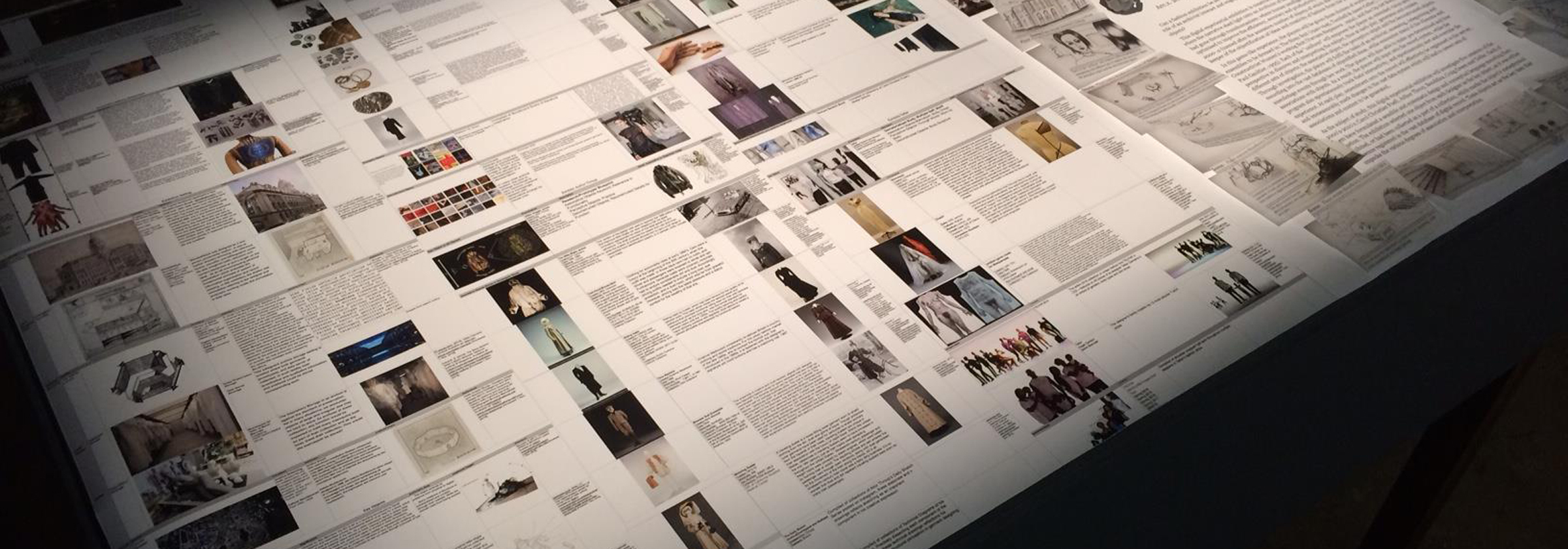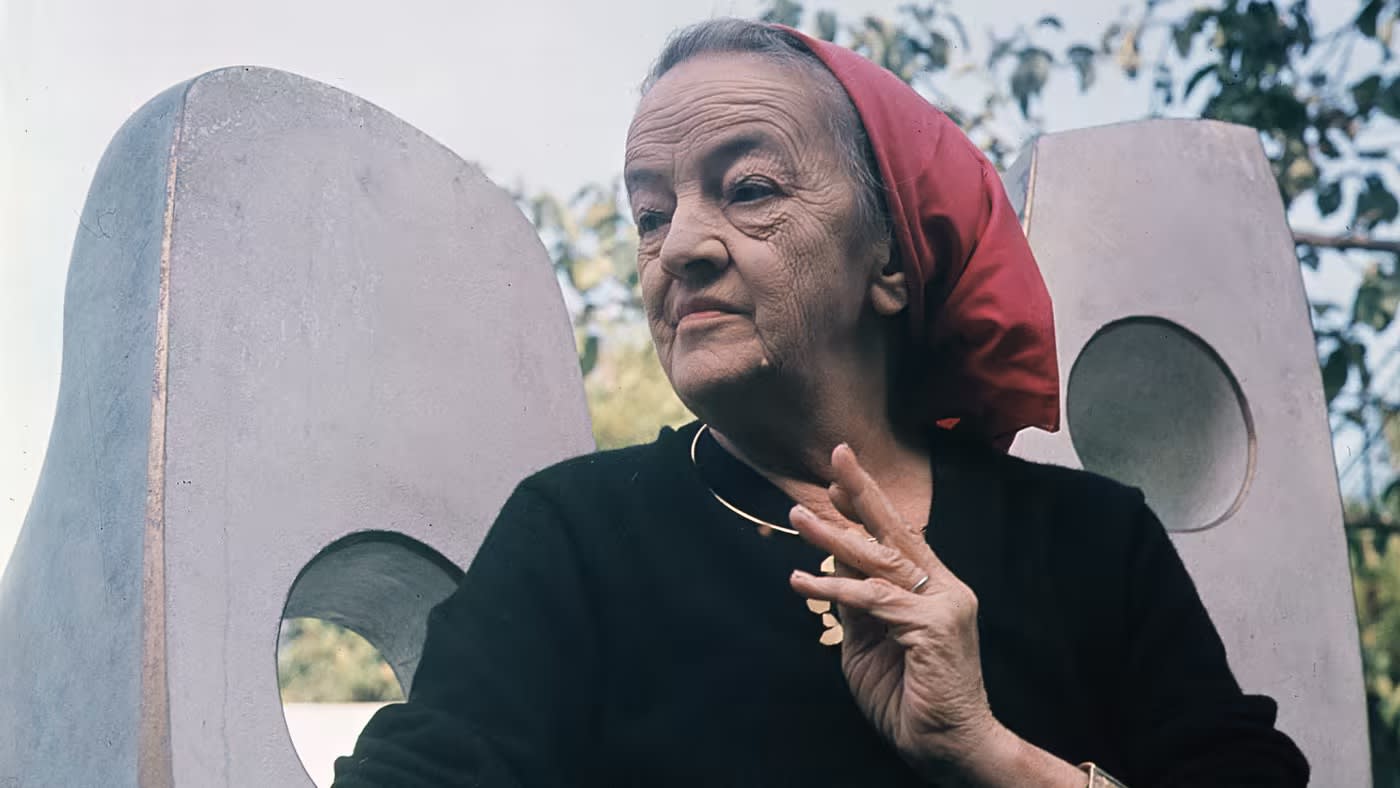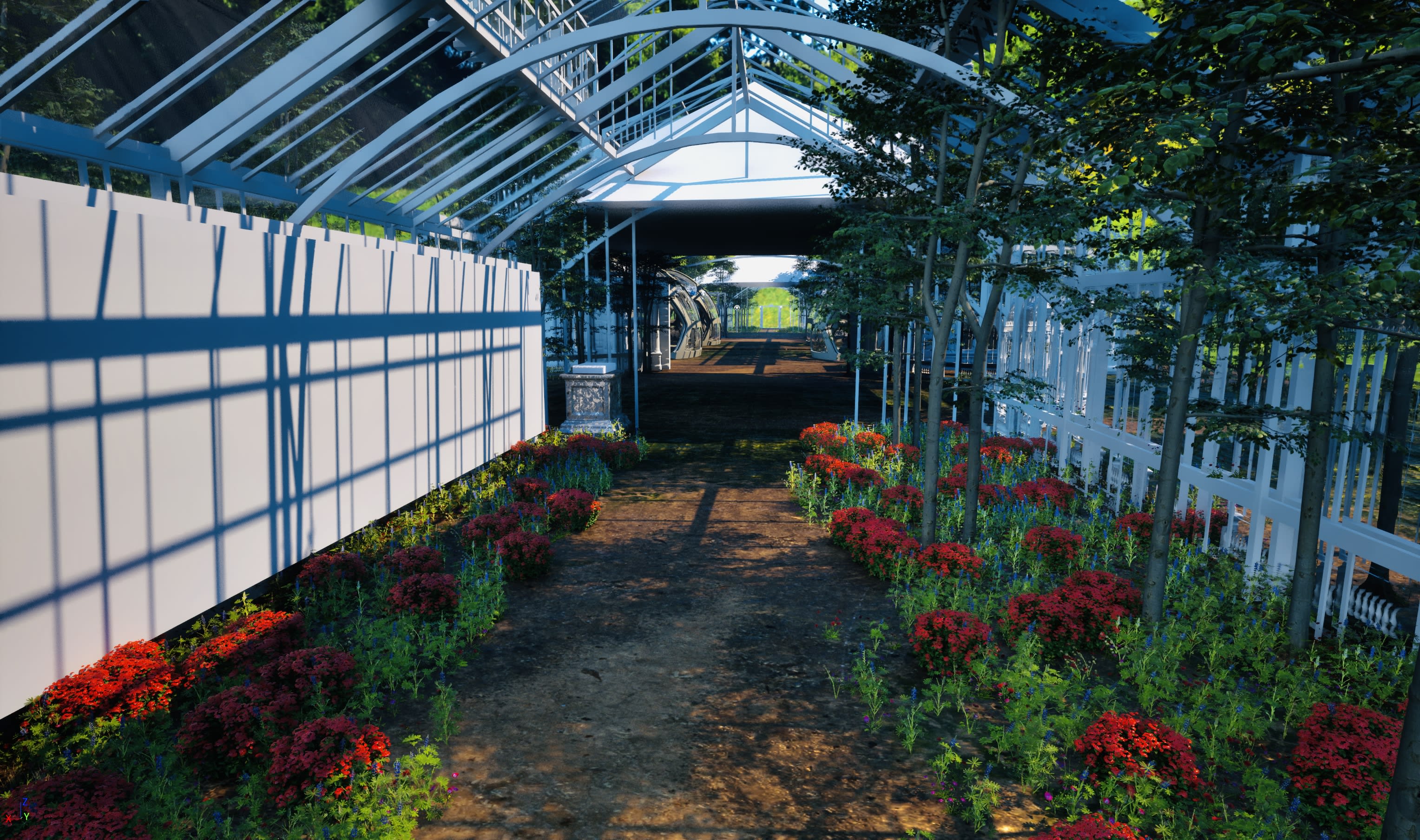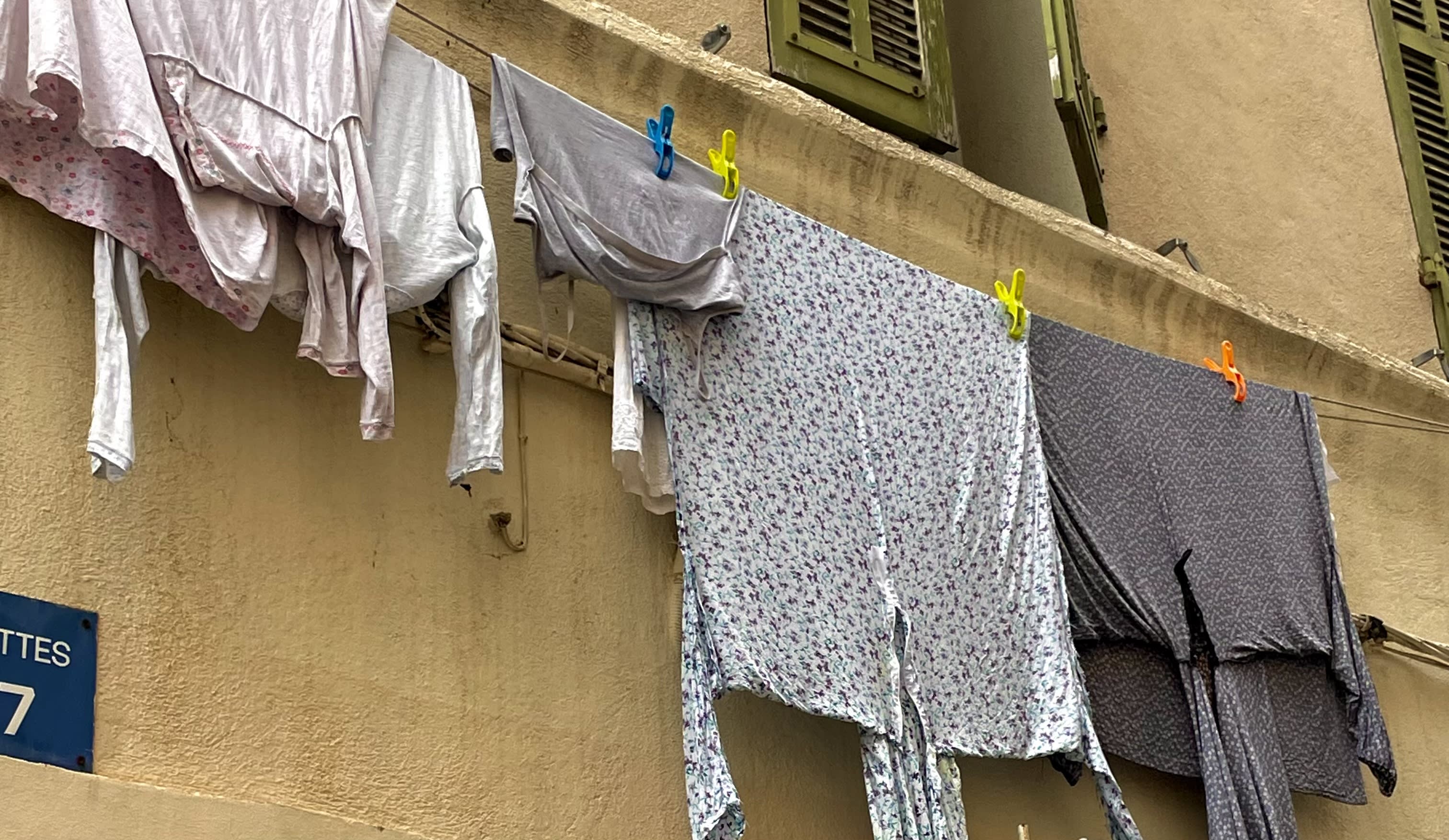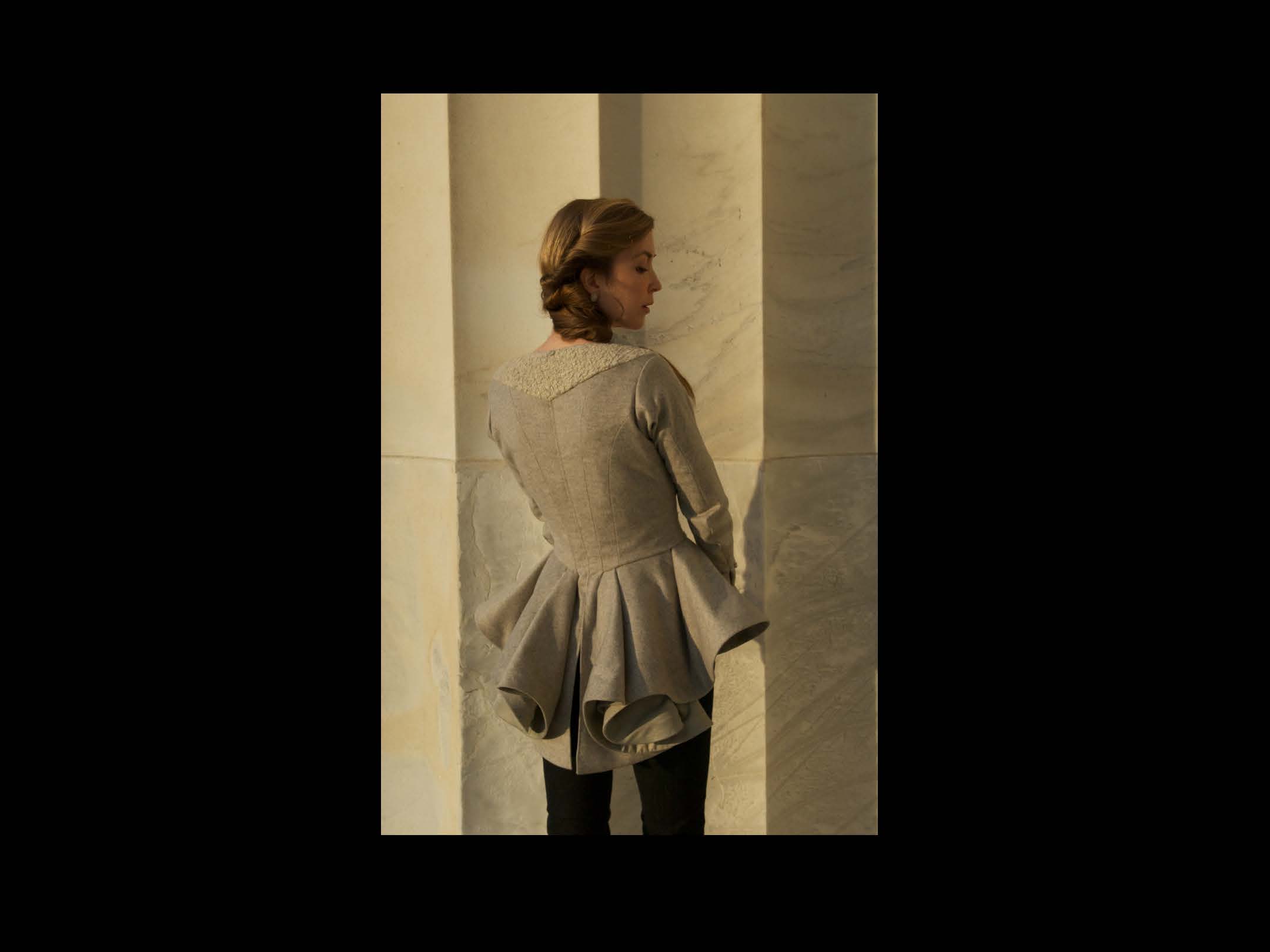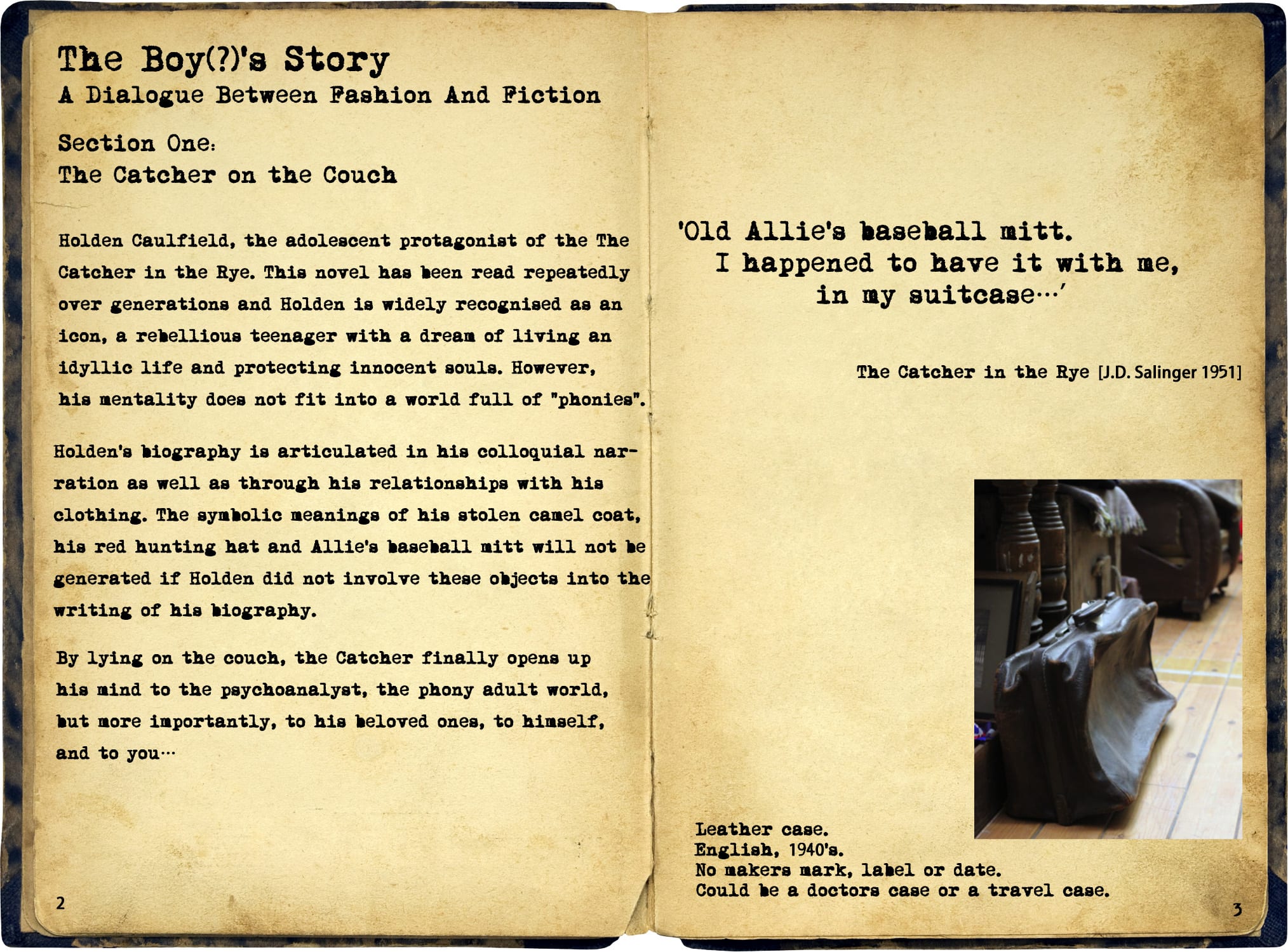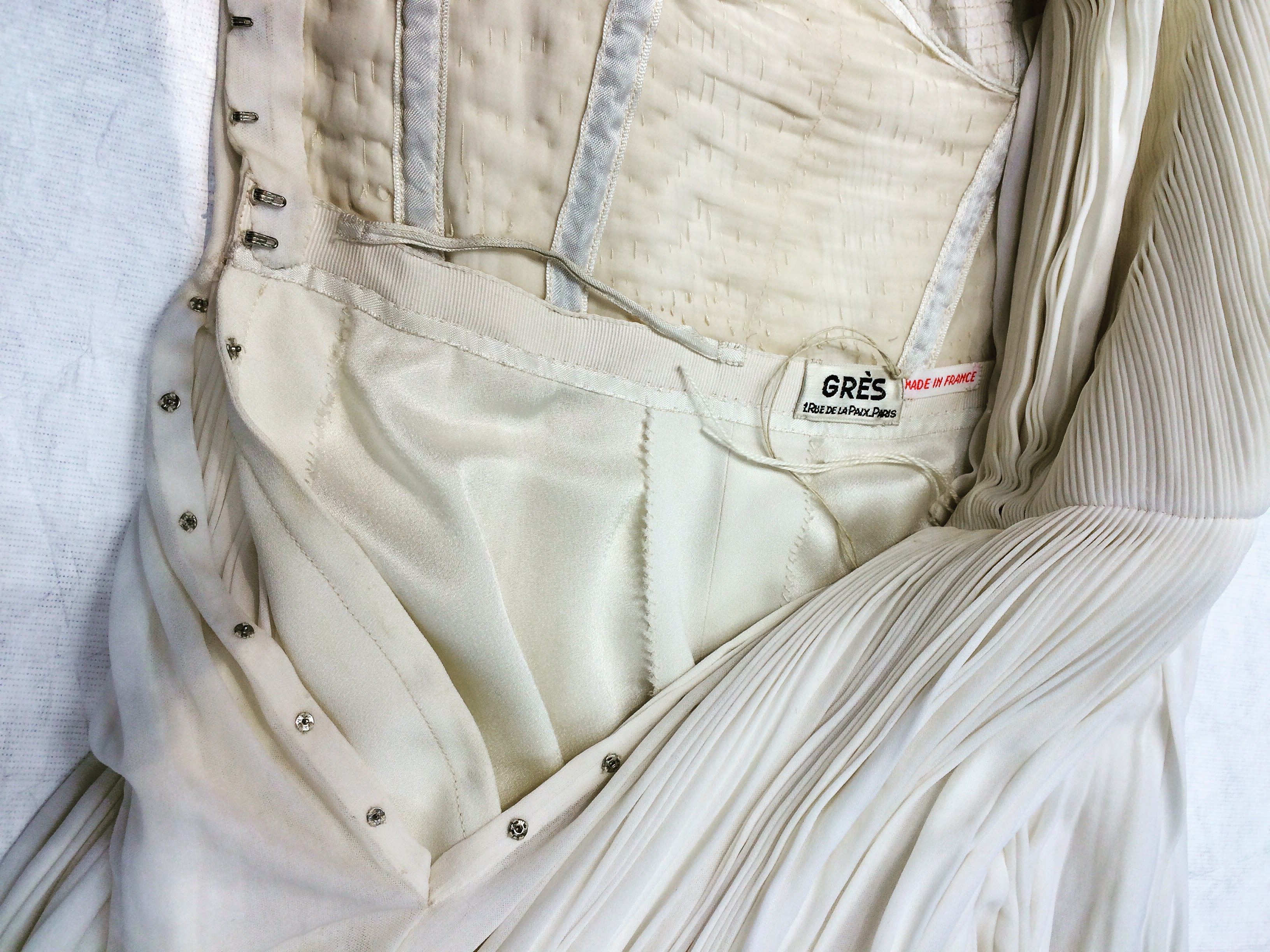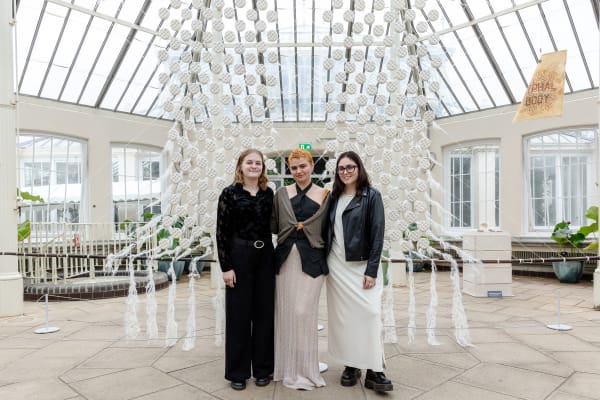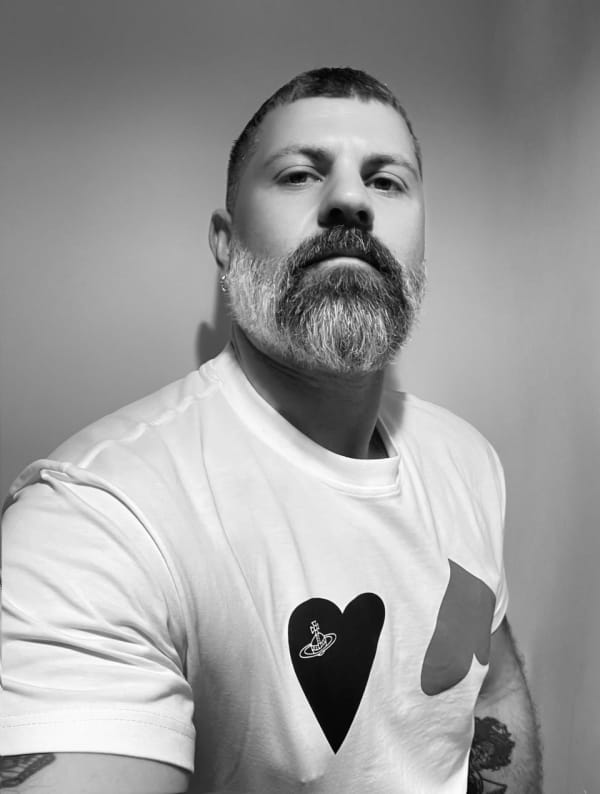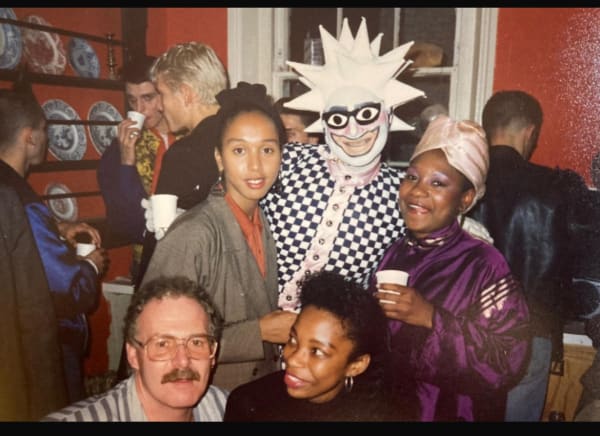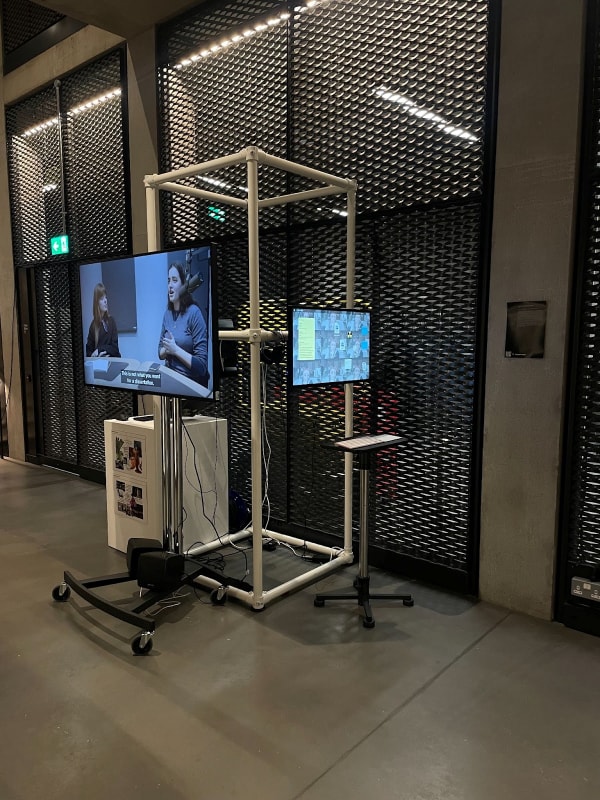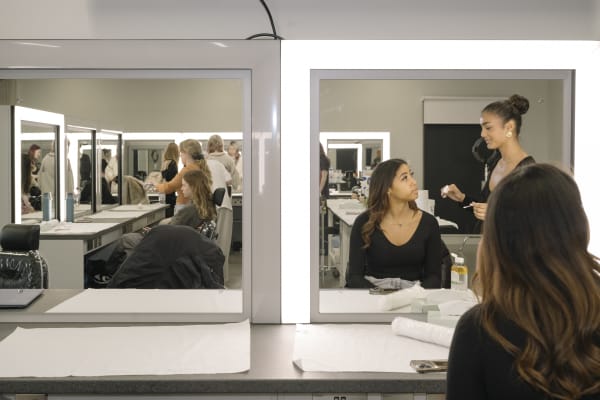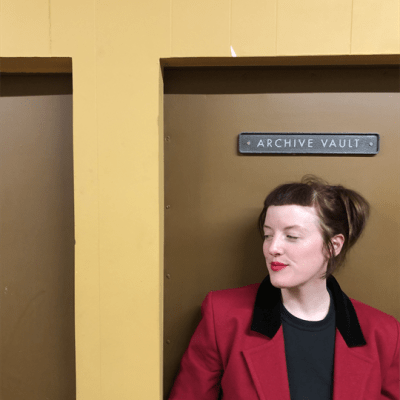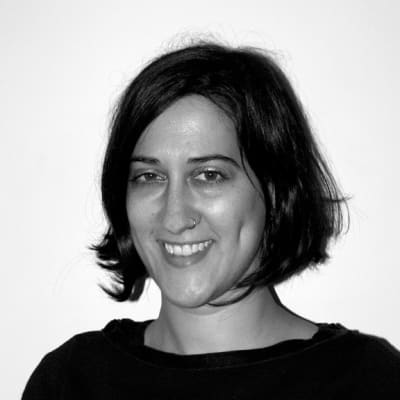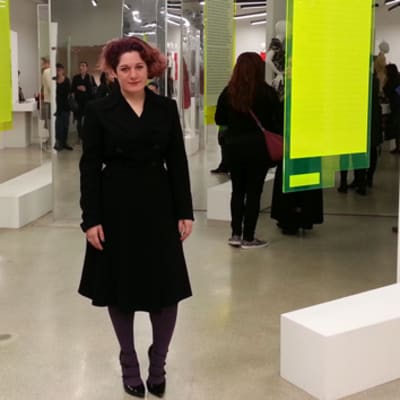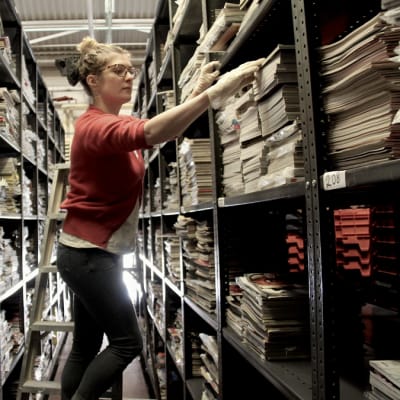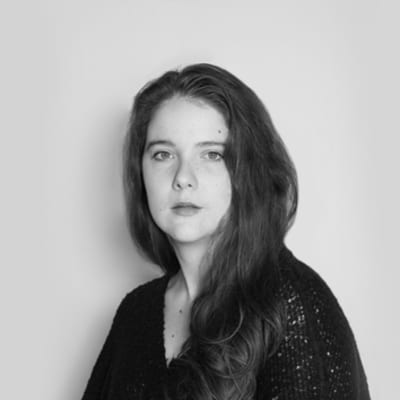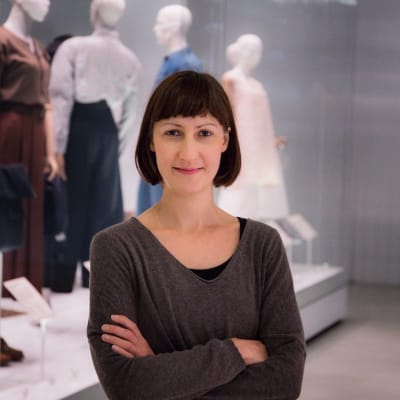Course units
Elective Units
Students will have the opportunity to participate in an elective unit as part of this course. This is an opportunity for students to collaborate with students from other courses within the college.
The following is an example list of electives that have been previously delivered:
- Creative Decision Making for Fashion Enterprise
- Cultural Programming
- Fashion Politics and Cultures
- Fashion Practices for Social Change
- Fashion Together: Collaboration for Innovation
Please note:
- Elective unit titles and details of the unit may change year to year
- Elective units offered may change year to year, that is, unit listed above may or may not be offered in subsequent years
- Students participate in a bidding process for choosing electives and participation in any particular elective is not guaranteed
Course Structure:
Block 1: EXPLORE – aims to support students as they transition to postgraduate level study and acquire foundational skills and knowledge through the following units:
- Contextualising Fashion Curation and Cultural Programming (40 credits)
You will be introduced to the context of fashion curation and cultural programming including collecting and object interpretation, exhibition-making, and public-facing events and interventions.
Develop a foundational knowledge of the field and the skills required to curate fashion collections and archives, exhibitions, events and interventions.
- Critical Approaches to Research and Practice (20 credits)
Developing effective and innovative approaches to research frameworks is crucial for success in your master’s project studies and in your wider career. Interrogate the practical and theoretical methodologies applied in fashion curation and cultural programming, while actively exploring your own approach to research and practice.
You’ll analyse and synthesise a range of research methodologies, methods, ethical considerations and techniques specific to the field and draw from relevant areas such as anthropology, digital design, literature and performance.
On successful completion of these units you are eligible for the award of a Post Graduate Certificate (60 credits).
Block 2: SITUATE – shifts from the orientation and exploration of the formation and growth of fashion curation and cultural programming to a position of affirming your own interests and development of your practice within the context of the wider field, through the following units:
- Innovation and Speculation in Fashion Curation and Cultural Programming (40 credits)
Work alongside industry partners on the development and delivery of creative responses to professional briefs within fashion curation and cultural programming roles. You’ll build on your foundational knowledge of fashion curation and cultural programming contexts to identify, develop and apply inclusive, future-facing concepts and practical skills. You’ll be encouraged to experiment with a range of techniques and technologies.
- Electives (20 credits)
On successful completion of these units you are eligible for the award of a Post Graduate Diploma (120 credits).
Block 3: INTEGRATE - seeks to synthesise the theory and practice acquired throughout Block 1 and 2 culminating in the realisation of your Master’s Project, a demonstrable outcome contributing to your future research and practice beyond the course.
- Masters Project (60 credits)
Synthesise the knowledge and skills you have gained on the course with a self-directed project chosen with support from your supervisor. You’ll communicate your work along with your ability to critically interrogate your practice with robust approaches to research and analysis. Upon completion, you will have generated a quality piece of work to shape your future career and professional development.
You will also be eligible for the award of a Master’s of Art (180 credits). The final award grading is based upon the results of the Master’s Project only.
Credit Framework
The University of the Arts London Credit Framework equates 20 credits to 200 hours of learning time.
